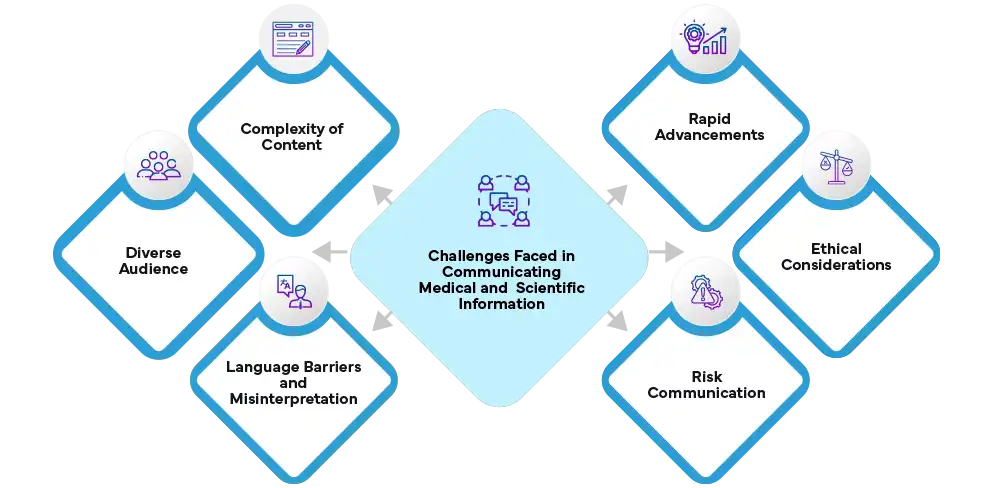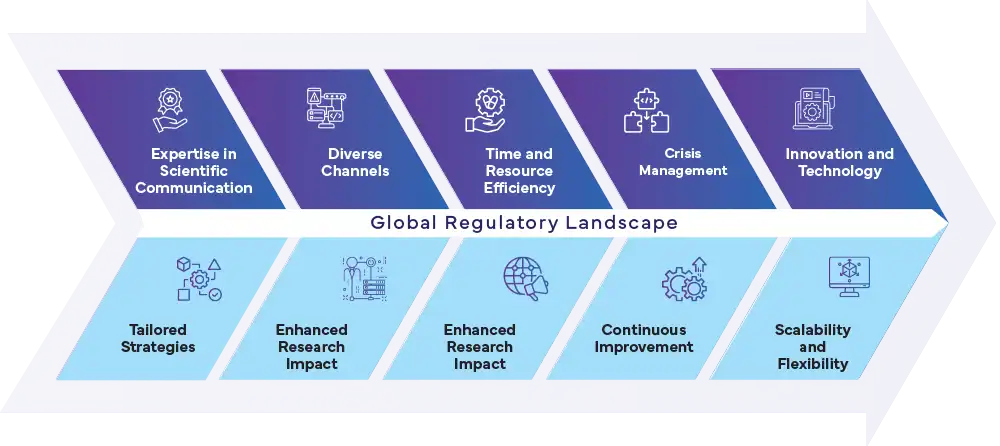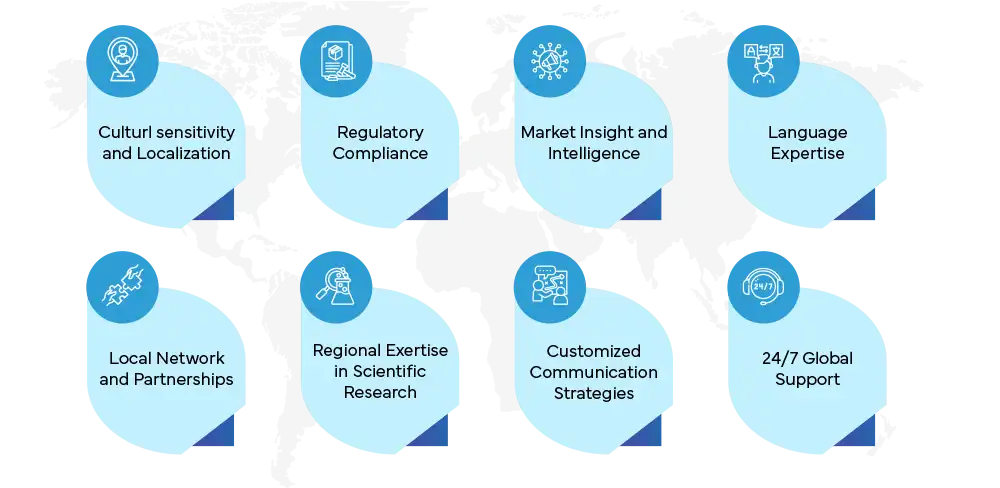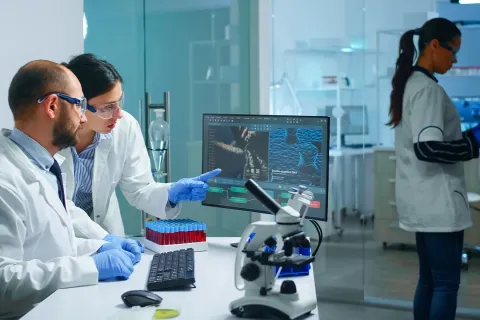Frequently Asked Questions
Scientific communication is the process of conveying scientific information to various audiences in a clear, accurate, and accessible manner. It encompasses the exchange of information and viewpoints about scientific topics to foster understanding, inform decision-making, and promote public engagement with science. This communication can take many forms, including academic papers, presentations, media articles, and digital content, and it aims to bridge the gap between scientists and the public, policymakers, and other stakeholders.
Scientific communication is crucial for several reasons:
- Facilitating Informed Decision-Making: Effective communication ensures that decisions, particularly in policy and healthcare, are based on accurate and reliable scientific information, which is essential for addressing societal challenges.
- Advancing Scientific Progress: By sharing findings and fostering collaboration among researchers, scientific communication promotes the advancement of knowledge and innovation.
- Building Trust: Good communication builds trust in the scientific community, which is vital in an era of misinformation and skepticism.
Medical communication is a specialized branch of scientific communication that focuses on conveying information related to health, medicine, and healthcare. It involves the dissemination of research findings, clinical guidelines, and health-related information to various stakeholders, including healthcare professionals, patients, and the public. The goal is to improve understanding of medical issues, enhance patient care, and support informed decision-making in healthcare settings.
Technical writing encompasses various types of documents and formats, including:
- User Manuals: Instructions for using products or systems.
- Reports: Detailed documents that present research findings or project updates.
- Proposals: Documents outlining plans or requests for funding.
- Standard Operating Procedures (SOPs): Guidelines for performing specific tasks.
- Technical Specifications: Detailed descriptions of system requirements or product features.
- White Papers: Authoritative reports that inform readers about complex issues and present solutions.
A technical writing style guide is a set of standards and conventions that govern the writing and presentation of technical documents. It provides guidelines on aspects such as grammar, punctuation, terminology, formatting, and citation styles. The purpose of a style guide is to ensure consistency, clarity, and professionalism in technical writing, making it easier for readers to understand and navigate the content.
Evidence-based practice (EBP) is an approach to decision-making in healthcare that integrates the best available research evidence with clinical expertise and patient values. It involves systematically reviewing and applying the most current and relevant research findings to inform clinical decisions and improve patient outcomes.
Evidence-based practice is important because it:
- Improves Patient Outcomes: By relying on the best available evidence, healthcare professionals can provide more effective and safer care.
- Enhances Decision-Making: EBP supports informed decision-making by combining research evidence with clinical expertise and patient preferences.
- Promotes Accountability: It encourages healthcare providers to justify their decisions based on scientific evidence, fostering a culture of accountability and continuous improvement in healthcare practices.
Patient advocacy involves supporting and promoting the rights, interests, and well-being of patients within the healthcare system. Advocates work to ensure that patients receive appropriate care, have access to necessary resources, and are informed about their health options. This can involve direct support for patients, as well as broader efforts to influence healthcare policies and practices.
The steps of scientific research typically include:
- Identifying a Research Question: Defining the problem or question to be investigated.
- Conducting a Literature Review: Reviewing existing research to understand the current state of knowledge.
- Formulating a Hypothesis: Developing a testable prediction based on the literature review.
- Designing the Study: Planning the research methodology, including data collection and analysis methods.
- Collecting Data: Gathering information through experiments, surveys, or observations.
- Analyzing Data: Interpreting the collected data using statistical or qualitative methods.
- Drawing Conclusions: Evaluating the results to determine whether they support the hypothesis.
- Communicating Findings: Sharing the results with the scientific community and the public through publications, presentations, or other means.
A conflict of interest occurs when an individual's personal interests or relationships could potentially influence their professional judgment or actions. In research and healthcare, conflicts of interest can arise when researchers or practitioners have financial, personal, or professional ties that may compromise the integrity of their work or the trust of patients and the public.
Quality assurance (QA) refers to the systematic processes and procedures implemented to ensure that products, services, or processes meet specified quality standards. In healthcare and research, QA involves monitoring and evaluating practices to maintain high standards of care and improve outcomes. This can include regular audits, compliance checks, and continuous improvement initiatives.






























